Javier Milei's Shock Therapy Sparks Warning from Last of the Chicago Boys
In a move that has sent shockwaves through the global economy, Argentina's President Javier Milei has embarked on an ambitious plan to transform his country's economy, drawing inspiration from the radical free-market policies of the University of Chicago's "Chicago Boys." However, one of the last surviving members of this influential group has sounded a warning, cautioning that Milei's approach may be too extreme for the crisis-wracked nation.
Rolf Lüders, a veteran economist who was part of the original group of Chilean economists trained by Milton Friedman, has expressed concerns that Milei's anarcho-capitalist policies may lead to social unrest and economic instability. Lüders, who met with Milei in 2019, has seen firsthand the impact of the Chicago Boys' policies on Chile, which transformed the country into a free-market powerhouse in the 1970s and 1980s.
Under the leadership of Augusto Pinochet, Chile implemented a series of radical economic reforms, including the privatization of state-owned enterprises, the reduction of government spending, and the elimination of price controls. The results were dramatic, with Chile's GDP growing at an average annual rate of 7% between 1975 and 1990, compared to 2.5% in the previous decade.
However, Lüders has warned that Milei's approach may be too extreme for Argentina, which has a long history of economic instability and social unrest. "Milei's policies are like a chainsaw," Lüders said in an interview. "They may cut through the red tape, but they also risk cutting off the country's social safety net and leaving the most vulnerable members of society behind."
Argentina's economy has been in crisis for years, with high inflation, a large fiscal deficit, and a growing poverty rate. Milei's policies, which include the elimination of price controls, the reduction of government spending, and the privatization of state-owned enterprises, are designed to stimulate economic growth and attract foreign investment.
However, Lüders has warned that Milei's approach may not be enough to address the underlying structural problems in Argentina's economy. "Argentina needs a more nuanced approach that takes into account the country's unique cultural and historical context," Lüders said. "Milei's policies may be too simplistic and may not address the root causes of the country's economic problems."
The global market has been watching Argentina's economic developments closely, with investors and analysts waiting to see how Milei's policies will play out. The country's stock market has been volatile in recent months, with the Merval index falling by 20% in the past year.
As the world watches Argentina's economic experiment, Lüders' warning serves as a reminder that the Chicago Boys' approach may not be a one-size-fits-all solution for every country. While Chile's experience has been a success story, Argentina's unique cultural and historical context may require a more nuanced approach to economic reform.
In the coming months, investors and analysts will be closely monitoring Argentina's economic developments, looking for signs that Milei's policies are working or that they are exacerbating the country's economic problems. As Lüders warned, the stakes are high, and the consequences of failure could be severe.
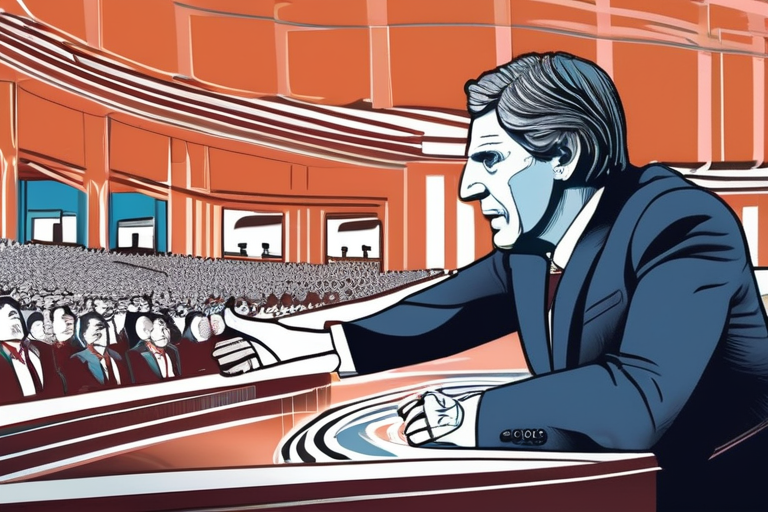



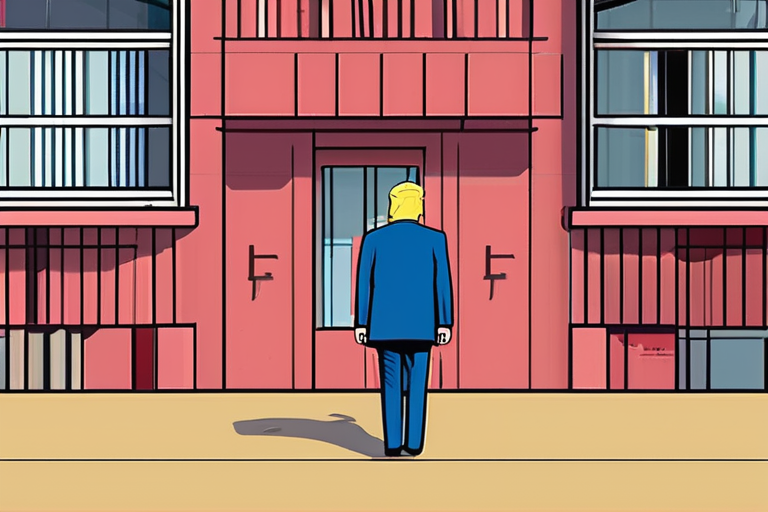
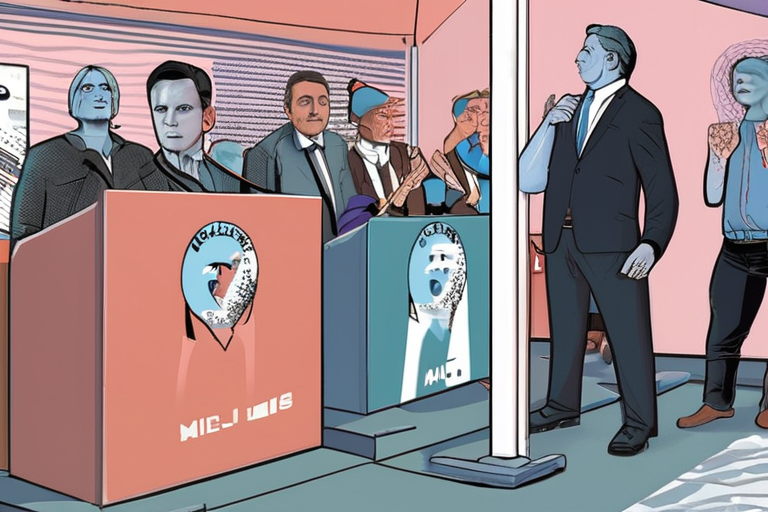
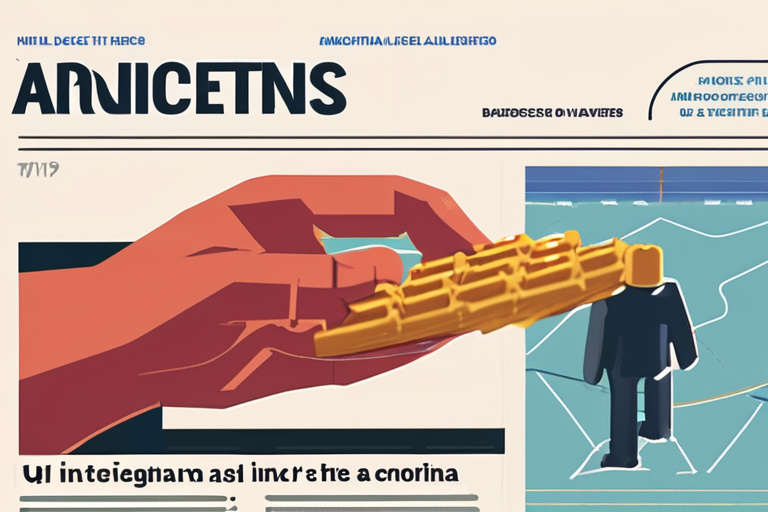










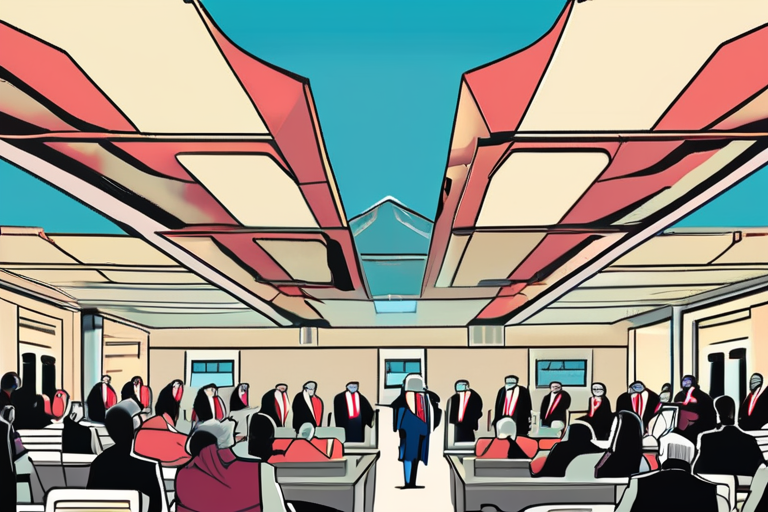
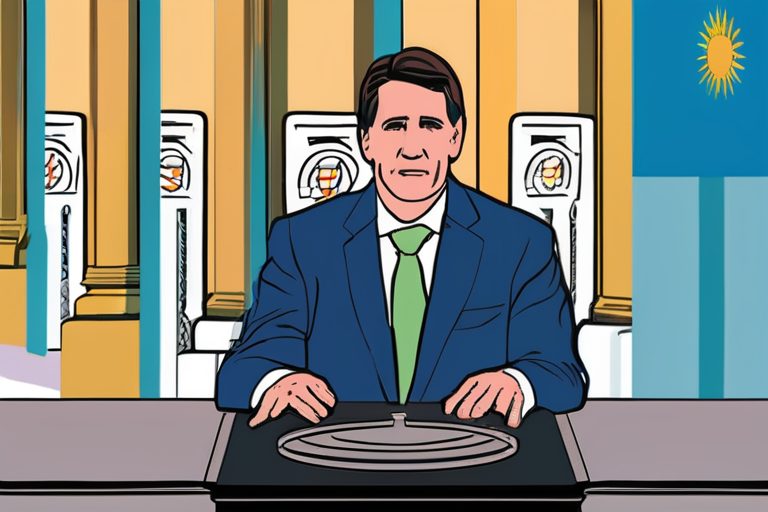


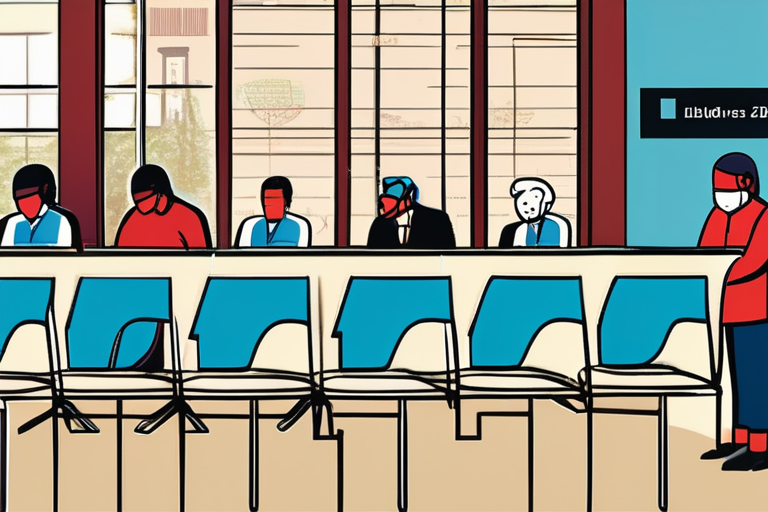
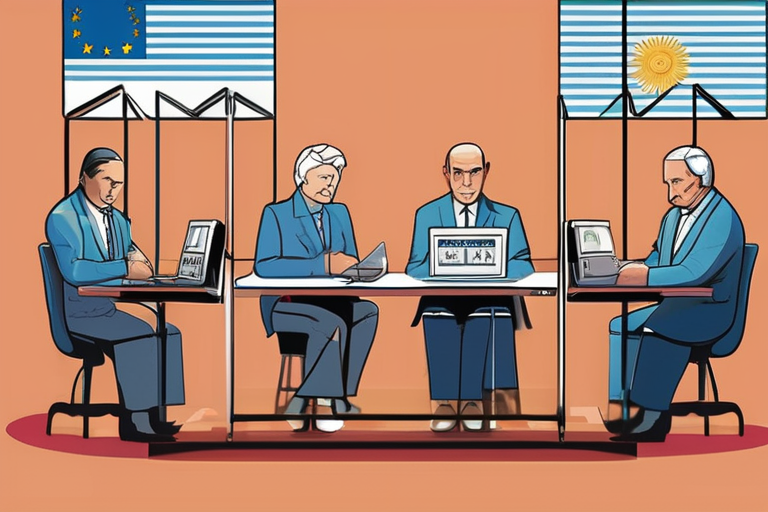




Share & Engage Share
Share this article